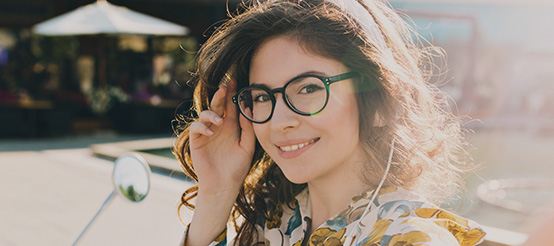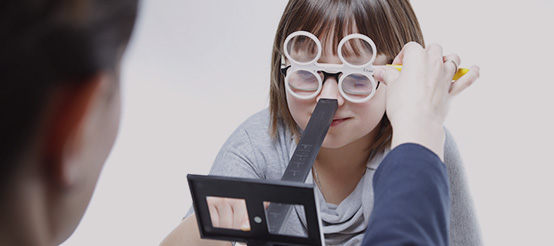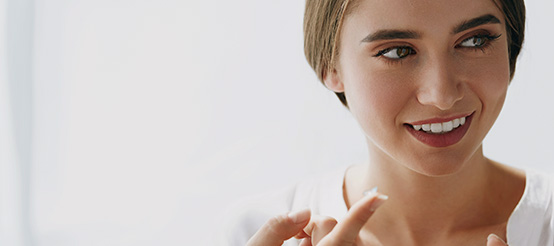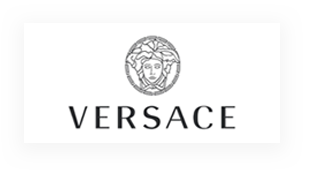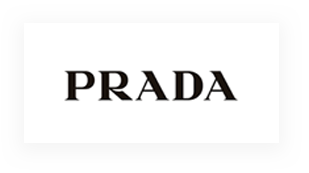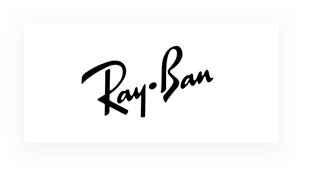Dry eyes are a common condition that can cause discomfort in your eyes. The eye constantly produces tears to reduce friction and keep vision sharp. Some people are unable to produce normal tears or their tears evaporate too quickly. When this happens, it can cause pain and vision problems.
Chronic dry eye is a condition in which your eyes either don’t produce enough tears or produce tears of poor quality. It can be irritating, causing symptoms such as a gritty sensation in your eyes or redness, and you may wake up with irritated eyes regularly. It’s important to discuss your dry eye symptoms with your doctor at your annual eye exams.
While the majority of recommendations involve adding treatment such as eye drops, to alleviate the symptoms of dry eye disease, there are some things you should avoid or eliminate from your lifestyle.
If you’re an avid coffee drinker, you might wonder if this is something you should avoid in your diet if you’re experiencing dry eyes due to its diuretic effect.
Caffeine & Your Body
The body easily absorbs caffeine, and the short-term effects are typically felt between 5 and 30 minutes after consumption. These effects can include increased breathing and heart rate, as well as increased mental and physical alertness and energy.
These effects can last up to 12 hours depending on the individual. Caffeine can be found naturally in
- The leaves and fruits of some plants
- Coffee
- Black and green tea
- Cocoa
- Cola soft drinks
- Energy drinks
It may also be found in chocolate bars, energy bars, and some over-the-counter medications like cough syrup and slimming tablets. Guarana, a popular energy drink additive, is also a natural source of caffeine.
Most research indicates that caffeine is a diuretic, which causes the body to excrete more water, making the body feel drier. Caffeine, like everything else, is best consumed in moderation. Excessive consumption of coffee or caffeinated beverages can cause a spike in blood sugar levels, resulting in blurred vision or eyelid spasms (eye twitches).
Caffeine in excess can also cause a burning sensation in your eyes and make them feel tingly.
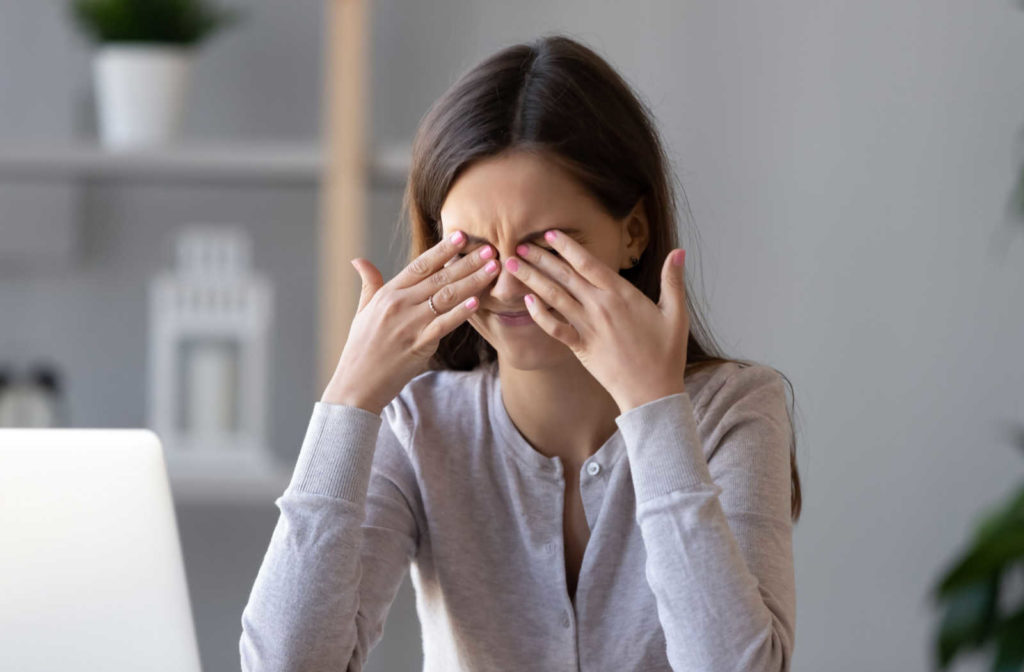
Caffeine & Dry Eye Disease
Many of us enjoy a cup or two of caffeinated coffee to keep our eyes open on sleepy mornings, but if you have dry eye syndrome, you may have been advised to avoid caffeinated coffee due to its diuretic effect.
However, studies suggest that caffeinated coffee may actually increase tear production. Caffeine contains xanthine, a chemical that has been shown to stimulate tear production when applied topically to the eye.
Although more research is needed to confirm that ingesting xanthine through a cup of coffee has the same effects, preliminary studies appear to indicate positive results. Another study found that caffeine could increase tear volume.
The tear film of the participants was measured twice: once after caffeine consumption and once after a placebo. Caffeine consumption resulted in the thickest tear films.
While both of these studies yielded promising results, the sample sizes were insufficient to accurately draw conclusions from the findings to the general population.
Can You Treat Dry Eye Disease with Caffeine?
Although some people may wish to use caffeine to treat dry eyes, there is little scientific evidence to support this practice. It’s also important to consider the following common negative effects of caffeine consumption:
- Insomnia
- Muscle twitches or tremors
- Irritability
- Anxiety
- Restlessness, fidgeting, or agitation
- An elevated or irregular heart rate
These negative effects may occur or worsen as caffeine consumption increases.
If you’re going to try treating your dry eye syndrome with caffeine, your best way to get it would be by drinking coffee, rather than sugary sodas or energy drinks. Coffee contains potassium, magnesium, riboflavin, and niacin, among other nutrients. It also contains a lot of antioxidants, which are good for your health.
Other Ways to Treat Dry Eye at Home
Avoid Fans & Air Conditioning
Dry eyes are commonly caused by air conditioners and heaters. Keep fans away from your eyes when you’re inside or driving. Wear protective eyewear, such as sunglasses, when it’s windy outside. If you sleep with a heater or fan on at night, consider using an eye mask or a humidifier. Ceiling fans are a major cause of dry eyes.
Eye Drops
Artificial tears are eyedrops that are used to lubricate and moisturize the surface of your eyes. These eyedrops can be used to treat dry eyes caused by ageing, medications, hormonal changes, eye surgery, or environmental factors such as wind or smoke.
Eyelid Care
To treat a moderate blockage of your meibomian glands, your eye doctor may advise you to apply warm compresses to your eyelids for a few minutes twice a day. An over-the-counter lid scrub may also be advised.
Omega-3 Fatty Acids
Omega-3 fatty acids (found in fish, walnuts, and vegetable oils) may help with dry eye symptoms.
Create a Dry Eye Treatment Plan with Your Optometrist
If you schedule an appointment with Urban Optique, we can investigate what is causing your dry eyes, assess your tear production, and provide you with the knowledge you need to manage the disease properly.









